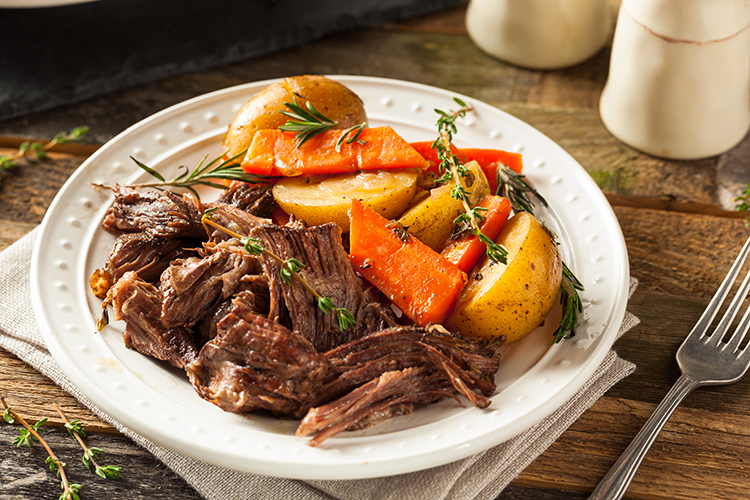
“Sustainable food systems” was a big buzz word last year as the United Nations prepared to host its inaugural Food Systems Summit (FSS). The aim of the FSS was “to help inspire a decade of action to achieve the 2030 Sustainable Development Goals,” which include zero hunger, good health and well-being, responsible consumption and production, and climate action. Now, this year, the White House is hosting a conference of its own to focus on similar topics and create change.
The White House Conference on Hunger, Nutrition, and Health is expected to take place in September with a stated goal to “end hunger and increase healthy eating and physical activity by 2030, so that fewer Americans experience diet-related diseases like diabetes, obesity, and hypertension.” Five pillars have been presented as key themes for discussion:
1. Improve food access and affordability
2. Integrate nutrition and health
3. Empower all consumers to make and have access to healthy choices
4. Support physical activity for all
5. Enhance nutrition and food security research
While the White House event is specifically looking at nutrition and disease and has less of a focus on the environment compared to the FSS, we do expect similar narratives and “solutions” to be presented by those who oppose animal agriculture and the consumption of meat, milk, poultry, and eggs. Animal rights extremist organizations have been lobbying for the removal of these food choices for decades, claiming that a “healthy” and “sustainable” diet does not include them.
Here is the truth: Animal proteins ARE needed as part of a balanced diet and contribute to a sustainable food system. Diana Rodgers, registered dietitian and executive director of the Global Food Justice Alliance, highlighted this at the Animal Agriculture Alliance’s 2022 Stakeholders Summit in her session on this topic.
Rodgers argued that meat, milk, poultry, and eggs are incredibly important for reaching nutritional needs as a top source of commonly lacking nutrients. She said while it is true that people can reach their protein requirements without consuming animal products, they often struggle to meet micronutrient needs. Vitamin B12, for example, is only found naturally in animal proteins and is important for building red blood cells and metabolizing carbohydrates and fats.
Not only are animal proteins important for reaching our daily nutrient needs, they’re also important for food security and equity. School campaigns like “Meatless Mondays” and “Vegan Fridays,” which are often touted as beneficial for children, can actually do more harm than good, according to Rodgers. It’s important to provide children with a complete protein source at school because, for some, it’s their only opportunity to have a hearty, nutritionally balanced meal. In addition, alternatives to replace these protein sources are often more costly and burdensome on family paychecks. Rodgers sums it up best by saying, “Not everyone has the privilege to push away nutrient dense foods like animal-sourced foods.”
The Animal Agriculture Alliance is hopeful that outcomes from the upcoming White House Conference on Hunger, Nutrition, and Health will be positive and maintain the importance of meat, milk, poultry, and eggs. To stay engaged, help spread the word about why meat matters using the hashtag #MeatMatters. Nutrition resources and graphics for easy sharing on social media are available on the Alliance’s website.

Emily Solis is the manager of communications and content at the Animal Agriculture Alliance. In her role, she works to execute the Alliance’s issues management and communications strategy.








